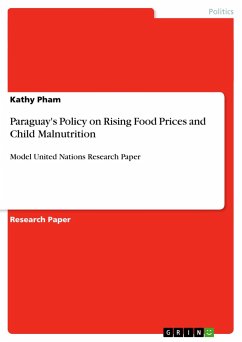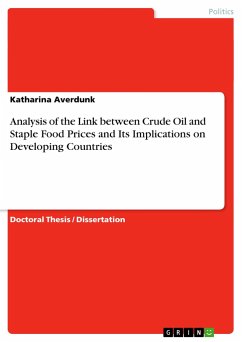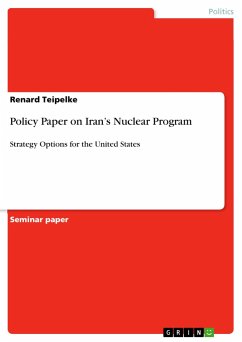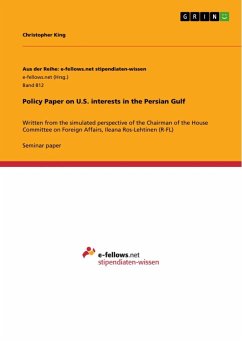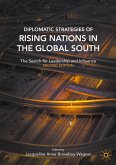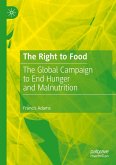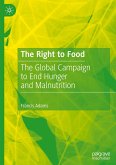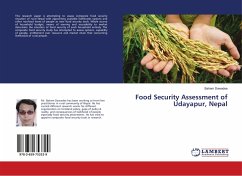Research Paper (postgraduate) from the year 2009 in the subject Politics - International Politics - Region: Middle- and South America, grade: 95.5, , language: English, abstract: Growing population elevates demand; and obviously, the world population has not ceased in its growth. Global food prices increased over 83 percent in the past three years, according to the World Bank Group1. Considering the world economy's decline, trade sanctions and inefficient use of land, the disposition may worsen. Food price inflation "will depend on how global supply will respond and on whether demand will continue to grow as rapidly as in the recent past"2. This issue affects everyone: consumers, sellers, merchandisers-from the wealthy to the poor. Unfortunately, the poorest reportedly devote three-fourths of their earnings buying food, and millions are undernourished3. Hunger and poverty exist in strong correlation; high food prices hamper progress towards the first target in the Millennium Development Goals, to halve the proportion of the people making under a dollar a day and the people going hungry from 1990 levels. More people will forgo proper meals if this trend of rising food prices persists. Even worse, the crisis "threatens to undo all our good work,"4.
Hinweis: Dieser Artikel kann nur an eine deutsche Lieferadresse ausgeliefert werden.
Hinweis: Dieser Artikel kann nur an eine deutsche Lieferadresse ausgeliefert werden.

